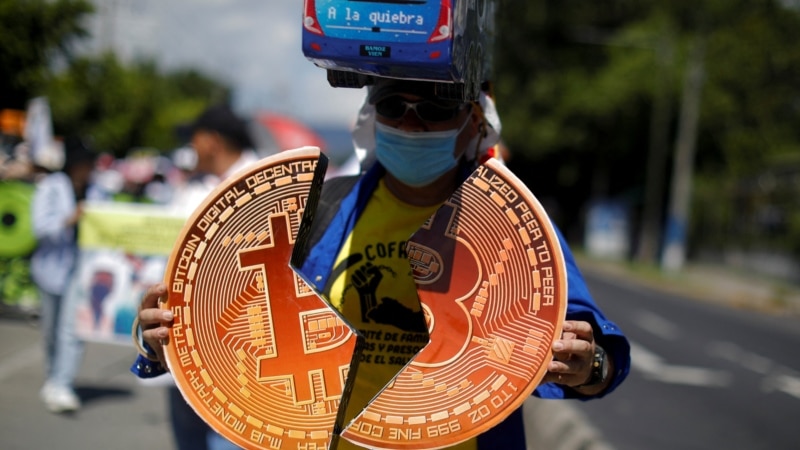
After more than three years of negotiations, the International Monetary Fund (IMF) and the government of El Salvador reached an agreement financing agreement for 1.4 billion of dollars.
The program, which will last 40 months, has the purpose of “strengthening fiscal and external stability. As well as helping to create the conditions for stronger and more inclusive growth.”
In exchange, both parties agreed to mitigate “the risks related to bitcoin,” a cryptocurrency that in 2021 adopted a legal character along with the dollarmaking its use mandatory in El Salvador.
“The acceptance of Bitcoin by the private sector will be voluntary and the participation of the public sector in activities related to bitcoin will be delimited,” the IMF said in a release.
This means that El Salvador will have to adopt legal reforms to comply with it, since the Bitcoin Law, approved in September 2021, establishes that citizens, companies and institutions must adopt cryptocurrency as a form of payment.
Furthermore, in the public sector, participation in economic activities related to bitcoin and transactions and purchases of bitcoins will be delimited, the agreement states.
“Taxes can be paid only in dollars and the government’s participation in the crypto wallet (Chivo) will be gradually reduced.”
The IMF has been one of the most critical international actors with the adoption of bitcoin as legal tender in El Salvador, a measure promoted by President Nayib Bukele in his first term.
Initially, the government rejected several of the recommendations made by the international entity, arguing that bitcoin would modernize the Salvadoran economy and help improve financial inclusion, especially in rural areas.
Today, the agreement to reduce its use in the Central American country comes when the cryptocurrency reaches its highest value since it was created in 2009, exceeding $106,000.
Other fiscal measures that are expected to occur in 2025 are the reduction of the wage bill in the public sector, spending on goods and services and transfers to municipalities.
Likewise, the IMF expects greater efficiency in the public service, in the viability of the pension system and a reduction in debt costs.
El Salvador has the highest public debt in Central America, with 85% of its Gross Domestic Product (GDP) committed and with limited financing options.
Since 2021, the authorities have been negotiating this program with the IMF to address these fiscal challenges.
Bukele reacted to the IMF statement with a kiss emojiwithout giving further details.
Connect with the Voice of America! Subscribe to our channelsYouTube, WhatsApp and to newsletter. Turn on notifications and follow us on Facebook, x and instagram!






![[Img #74675]](https://thelatestnews.world/wp-content/uploads/2024/12/They-discover-a-new-class-of-X-ray-sources-in-the-150x150.jpg)








Add Comment